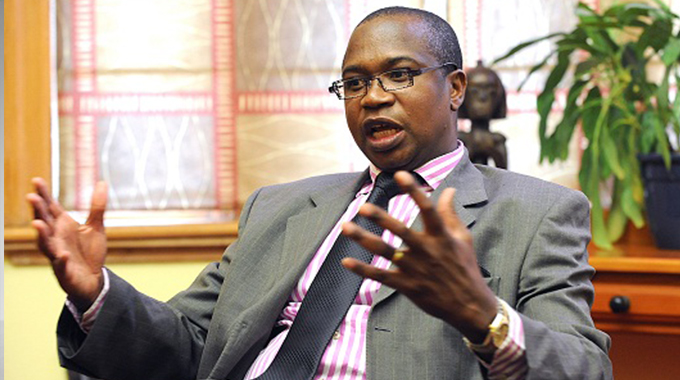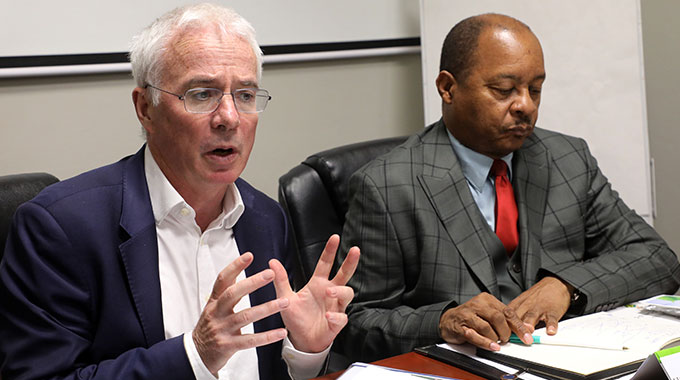Treasury in $3bn surplus

Business Editor
FINANCE and Economic Development Minister, Professor Mthuli Ncube, says Treasury will maintain a cash budgeting framework despite having a $3 billion surplus, so as to minimise fiscal deficit.
Fiscal indiscipline and uncontrolled money supply growth have in the past been blamed for fuelling budget deficits and inflationary pressures. This prompted Government to implement austerity measures under the first phase of the Transitional Stabilisation Programme (October 2018 to December 2019), which was largely anchored on fiscal consolidation, a deliberate policy thrust to reduce deficits and accumulation of debt stock.
As such, Prof Ncube said Government was mindful of the past mistakes hence the desire to reinforce the existing framework of fiscal and monetary discipline.
“Government is cognisant of the fact that unrestrained increases in money supply are one of the fundamental causes of inflation and the depreciation of the exchange rate.
“Will maintain cash budgeting framework to minimise fiscal deficit. In line with this goal, it should be noted that Government has a cash surplus of over ZWL$3 billion,” he said in a press statement.
Mopping up excess liquidity being held by corporates and other large holders of Zim-dollar in the banking system, who own more than 50 percent of the estimated $34 billion ZWL$ bank balance, is also under spotlight.
While mobile money platforms have made a significant contribution to facilitating trade and payments in the country, Prof Ncube said the platforms were now being abused by unscrupulous businesses to illegally trade foreign exchange and undermine the economy.
He hinted that the RBZ was reviewing its regulations covering such platforms with the view to place limits on daily bulk payer transactions. The apex bank would also enforce compliance with the 2c electronic transaction tax as well as increase monitoring of daily returns being submitted by the mobile platforms to the financial intelligence unit of the RBZ.
The Minister said supporting measures have been put in relating to money supply growth, liquidity management and interest rates. These would also go a long way towards buttressing the success of the new liberalised foreign exchange management system that is based on the electronic Reuters forex trading platform. Under the new system, banks and Bureaux De Change operators can freely trade foreign exchange as part of measures to arrest exchange rate volatility and inflation. The interventions would also enhance transparency and effective foreign exchange trading on the formal channels.
Prof Ncube said the measures were part of the de-dollarisation road map and would be introduced in a phased but time bound manner. Going forward, Prof Ncube said Treasury would continue to project revenue and expenditure for the full financial year and announce Treasury Bills (TBs) issuance calendar, if such financing was required. This includes ensuring that all TBs issuance for open market operations will be approved by the monetary policy committee.
He said his ministry would also smoothen expenditure disbursements so that large or lumpy Zim-dollar payments were not bunched, which would disrupt the foreign exchange market. To strengthen use of the local currency Treasury has also said it will reinforce payment of all taxes, duties, fees and other Government charges in Zim-dollar in a phased but time bound manner.
In order to incentivise savings, Prof Ncube said the RBZ would introduce minimum interest rates on all deposits, including trust accounts underpinning mobile banking wallets. He said Government would also review laws and institutional framework in order to bring them in line with international best practices and more importantly, monitor the effectiveness of institutions charged with implementing the laws.










Comments